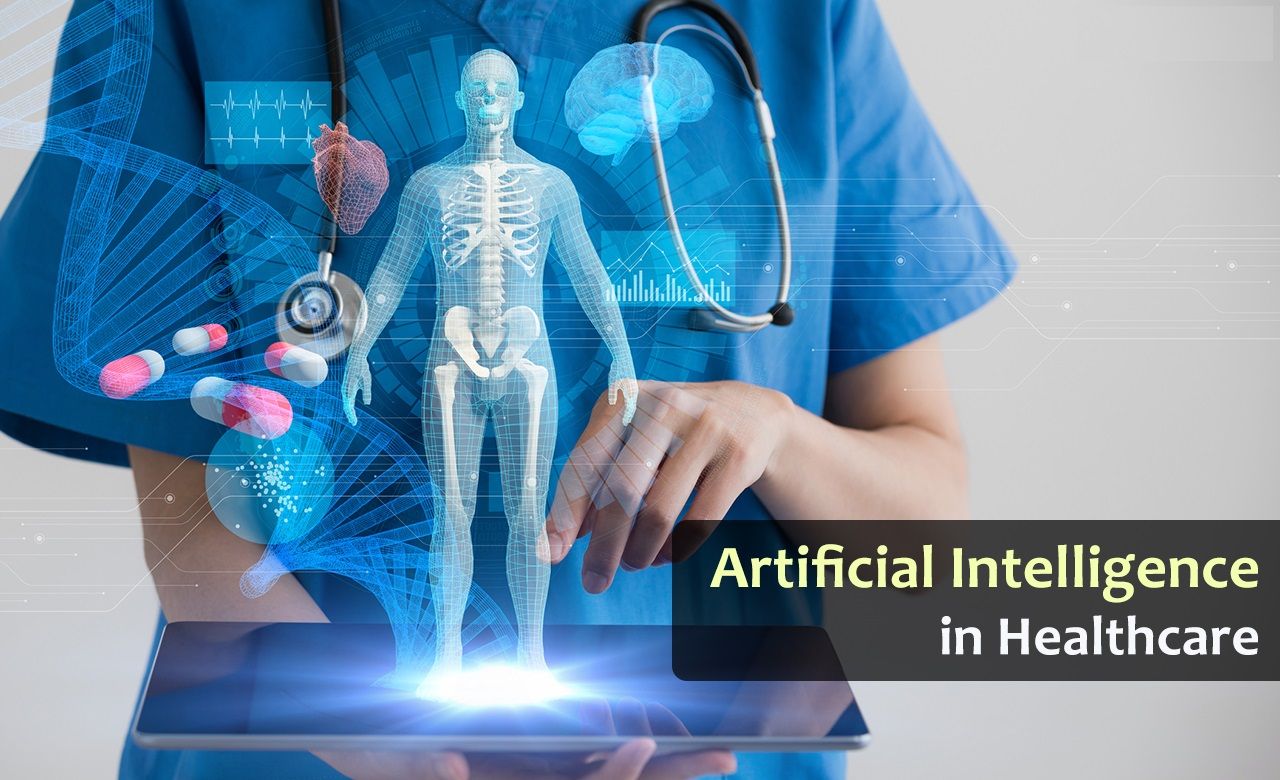
AI Revolutionizing Healthcare: Precision Medicine and Personalized TreatmentsAI Revolutionizing Healthcare: Precision Medicine and Personalized Treatments Artificial intelligence (AI) is rapidly transforming the healthcare industry, enabling unprecedented advancements in precision medicine and personalized treatments. Here’s how AI is revolutionizing healthcare: Precision Medicine: * Genetic Sequencing and Diagnosis: AI algorithms can analyze vast genetic datasets, identifying disease risks, genetic variants, and potential drug targets. * Early Disease Detection: AI-powered algorithms can detect subtle changes in health data, such as bloodwork or imaging, to diagnose diseases at an early stage. * Stratification of Diseases: AI helps classify diseases into distinct subgroups based on genetic profiles, disease progression, and patient outcomes. This allows for more targeted and effective treatment strategies. Personalized Treatments: * Drug Discovery and Development: AI algorithms accelerate drug discovery by analyzing large-scale chemical data, identifying promising molecules, and predicting drug efficacy. * Personalized Treatment Plans: AI models can combine patient data, genetic information, and real-world evidence to create personalized treatment plans that optimize outcomes. * Precision Dosing: AI algorithms can determine the optimal dosage of medications based on individual patient factors, minimizing side effects and maximizing therapeutic benefits. Benefits of AI in Healthcare: * Improved Patient Outcomes: Precision medicine enables more accurate diagnoses, tailored treatments, and better health outcomes. * Reduced Healthcare Costs: Early detection and targeted therapies can prevent unnecessary healthcare expenses. * Enhanced Patient Experience: Personalized treatments empower patients to take an active role in their own healthcare. * Empowerment of Healthcare Providers: AI tools provide healthcare providers with valuable insights, enabling them to make more informed decisions. Challenges and Considerations: * Data Privacy and Security: AI systems require vast amounts of patient data, which raises concerns about privacy and data security. * Algorithm Bias: AI algorithms can perpetuate biases present in healthcare data, leading to inequitable outcomes for certain patient populations. * Regulatory Considerations: The development and deployment of AI-powered healthcare solutions require careful oversight and regulation. Conclusion: AI is revolutionizing healthcare by enabling precision medicine and personalized treatments. By harnessing the power of AI, healthcare providers can diagnose diseases earlier, tailor treatments to individual patients, and improve patient outcomes. While challenges remain, the potential of AI in healthcare is immense, promising a more personalized, efficient, and effective healthcare system for the future.
Posted inNews